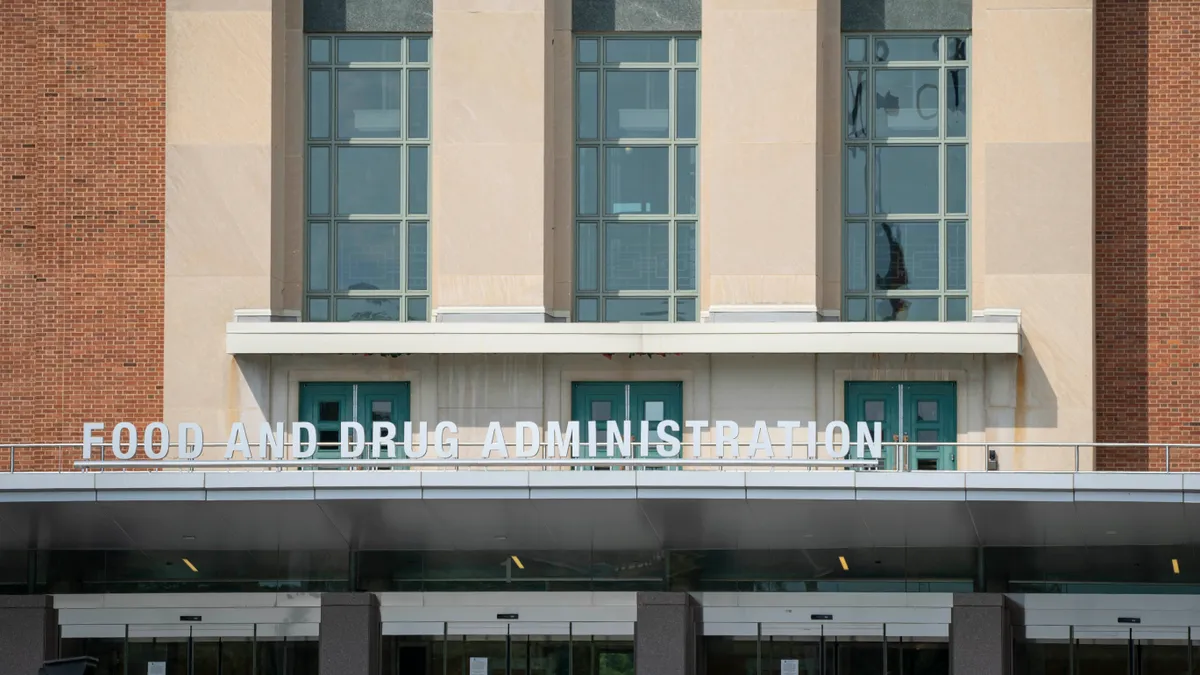Dive Brief:
- The Food and Drug Administration has finalized guidance on the handling of post-approval trials imposed through premarket approval orders.
- Organizations including AdvaMed and Foundation Medicine commented on the draft released for consultation last year, leading the FDA to revise sections of the text while holding its ground in other areas.
- The final guidance features additional information on when the FDA will consider changes to the original study milestones and what it expects sponsors to do when they fail to meet milestones.
Dive Insight:
The FDA received broadly positive feedback on the 2021 draft, which Roche’s Foundation Medicine called “a useful resource for the requirements and expectations for clinical post approval studies.” Still, the respondents also requested changes. Foundation Medicine, for example, warned that “some of the reporting requirements and timelines suggested could be burdensome.”
While the FDA has made changes to the text, it has retained certain timelines that were questioned by Foundation Medicine. The diagnostic developer called for the agency to allow 90 days, rather than the proposed 30 days, to draft clinical protocols because the process “can be highly resource intensive, involving the participation of medical, statistical, and development subject matter expertise.” The final guidance still requires companies to submit protocols within 30 calendar days of approval.
Changes made by the FDA include the addition of information about when it will accept changes to the protocol to adjust study milestones. While acknowledging that “delays sometimes may occur,” the regulator “does not intend for sponsors to routinely modify” protocol milestones. The agency will consider some requests for changes, for example when new information shows the original goals were impractical at the time of the premarket approval.
The FDA has also provided more information on what sponsors should do when they fail to meet an enrollment milestone commitment. In that scenario, the agency said it wants sponsors “to act with due diligence to mitigate continued study delays.” The regulator added it will consider sponsors’ mitigation efforts when evaluating progress reports.











